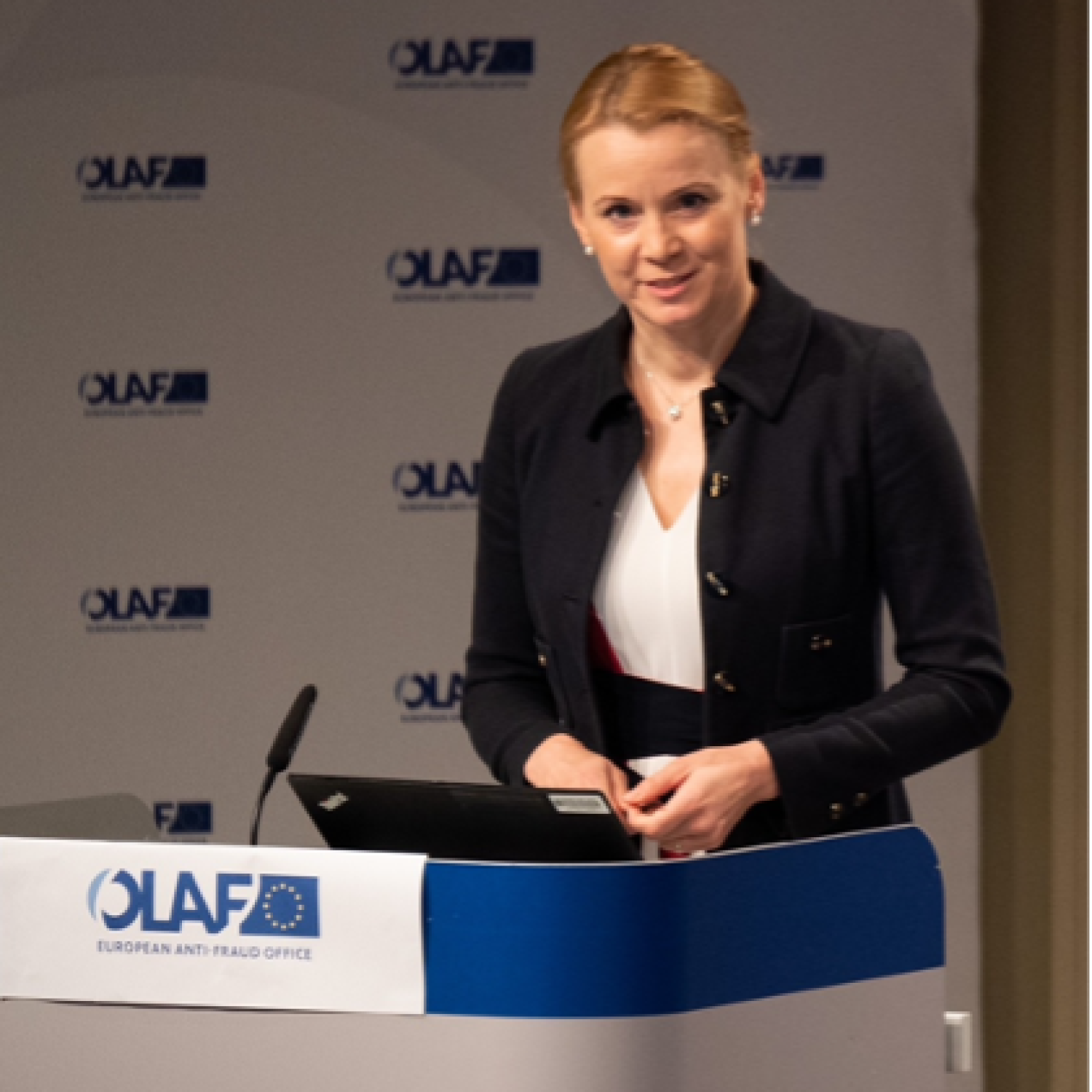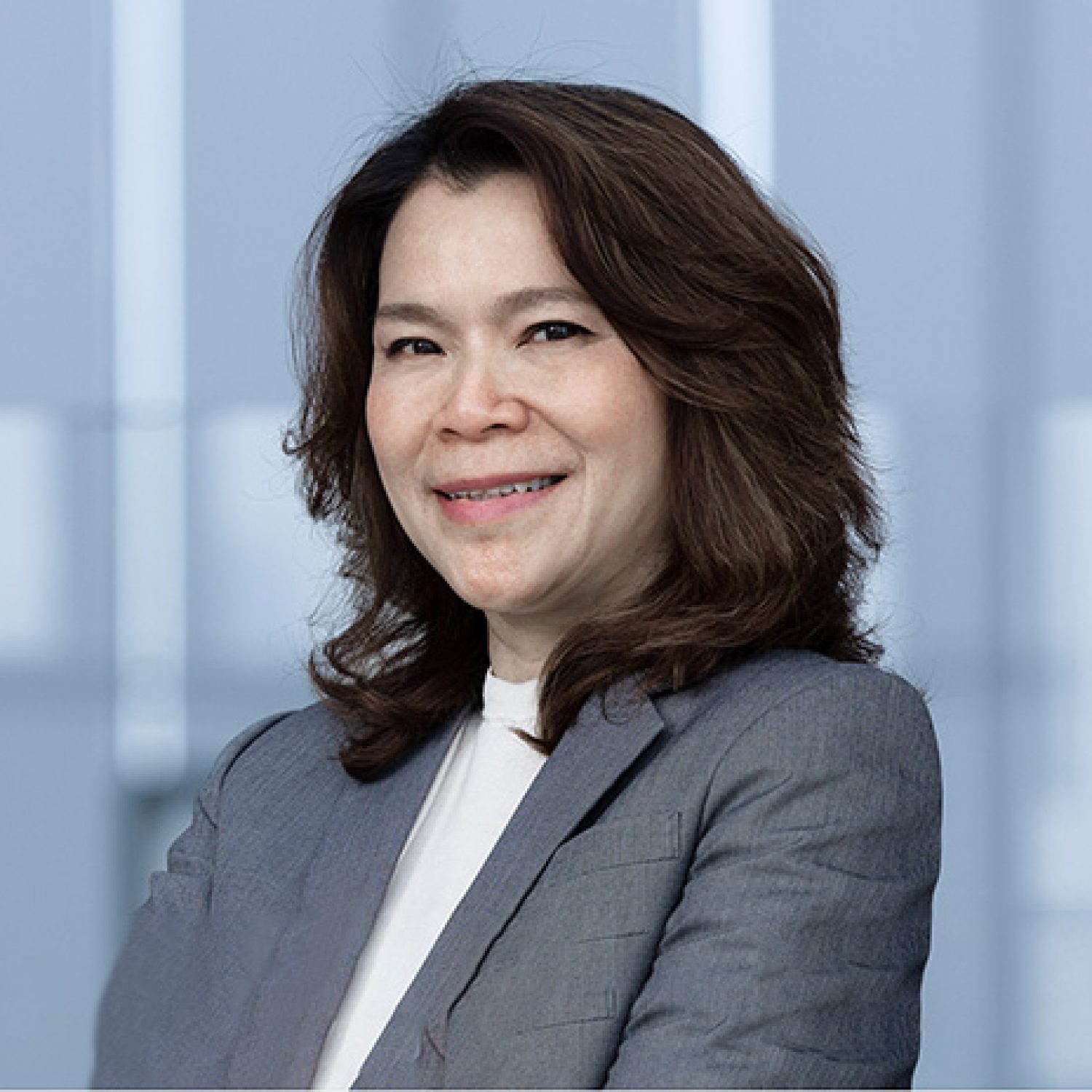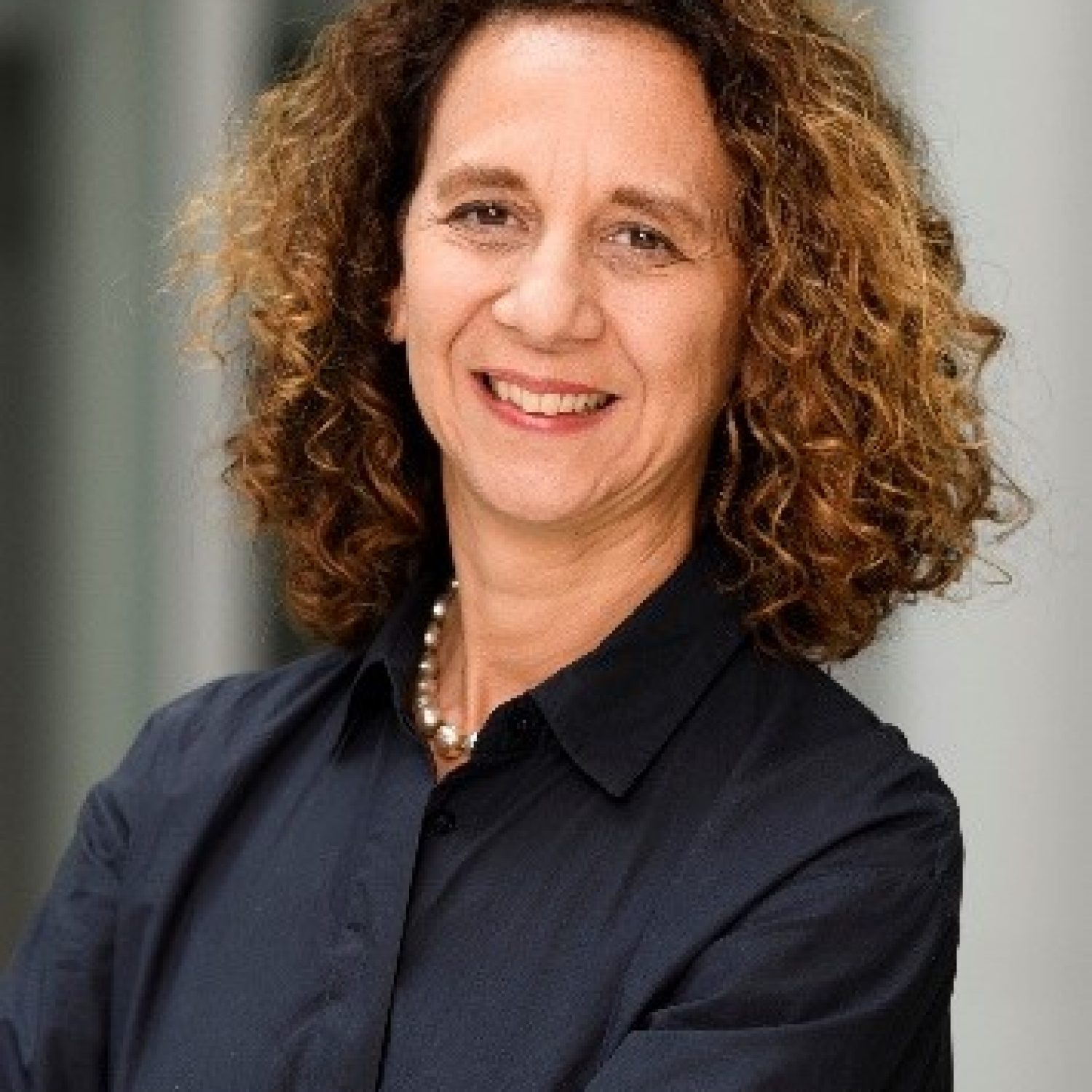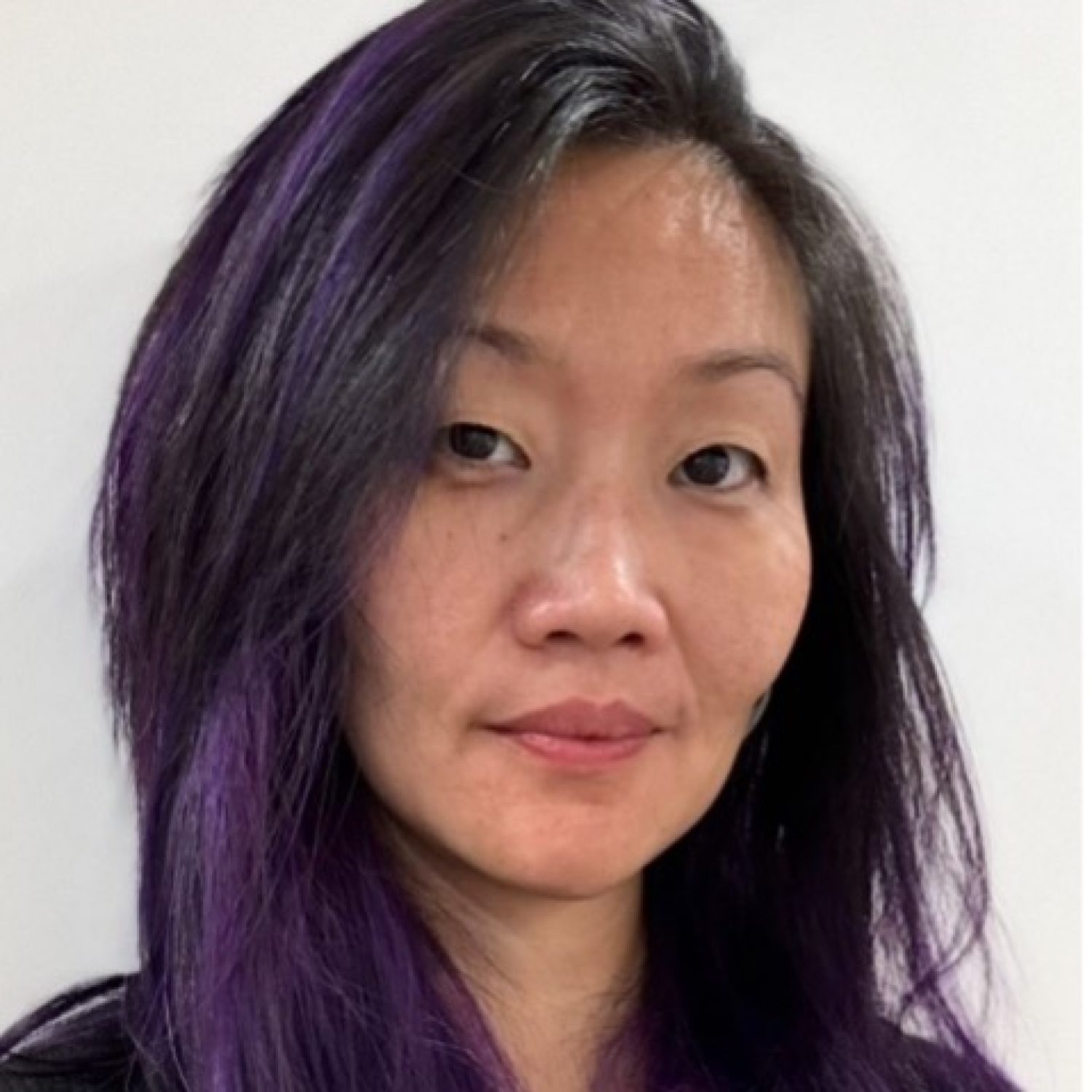
Workshop 5: Best Practices in Investigations: Sexual Exploitation, Abuse, and Harassment (SEAH) Allegations
Workshop 5 aims to advance investigative capacity for handling SEAH allegations by integrating innovative, survivor-centered, and field adaptable‑ approaches. It will also explore emerging tools, technologies, and interdisciplinary practices that safeguard survivors, preserve evidence integrity, and maintain compliance—even in volatile and remote contexts.

Jana Cappello (OLAF)
Jana Cappello is the Head of Unit for Internal Investigations at the European Anti-Fraud Office (OLAF).
She possesses a diverse background in investigations, policy, and communication within the European Union. Jana began her EU career in 2006 with the European Commission, specialising in interinstitutional relations after working at a private equity fund. Her expertise expanded in 2009 when she joined the European Commission’s Security Directorate and later OLAF, transitioning from investigative to management functions. Her work spans a range of investigations, from counter-intelligence to anti-fraud. From 2016 to 2019, Jana served as the European Commission’s Deputy Head of Representation in Slovakia. She returned to OLAF in 2019 as their Spokesperson and subsequently led the unit responsible for interinstitutional and international relations and communication until the end of 2024.
Jana is deeply devoted to fairness and justice and dedicated to enhancing transparency and security.

Alex Suthasinee Nimitkul (AIIB)
Suthasinee Nimitkul heads the Ethics Office of AIIB. As Chief Ethics Officer, she contributes to policy development and policy compliance and provides advice on all matters relating to ethics to ensure that Board Officials and Bank Personnel observe and perform their functions consistent with the ethical standards required by their respective Code of Conduct. She also promotes awareness of the ethics mandate of the Bank and provides tailor-made training to various business units. Before joining AIIB in July 2021, Nimitkul was an Advisor on Corporate Governance and Compliance, Risk Management Function at the Bank of Thailand (BOT) where she was responsible for promoting good governance practices within BOT and where she initiated the development of governance, legal and reputational risk management strategies. In addition, she also played a key role in the continued development of a code of conduct to create an agile ethical culture responsive to the challenging environment of a central banker. Nimutkul has previous extensive experience as a regulator and supervisor for the banking industry in Thailand. She also has experience in infrastructure development as a Director of the Internal Audit Department at the Thailand Eastern Economic Corridor Office. She has a BS in Accounting from Kasetsart University, Thailand; an MBA in Accounting from American University, USA; an MPPM from the Lee Kuan Yew School, National University of Singapore and Kennedy School of Government, Harvard University; and a Certificate in Business Law and Legislative Procedure from Thammasat University, Thailand. She is also a certified public accountant in the state of Maryland, USA. Nimitkul is from Thailand.

Giuliana Dunham Irving (WBG)
Ms. Giuliana Dunham Irving is the Manager of the Investigations unit (INV) of the Ethics & Internal Justice Vice Presidency of the World Bank Group (EIJ). Prior to joining INV she served as Executive Secretary of the World Bank Group Sanctions Board from October 2016 to December 2022. Ms. Dunham joined the World Bank Group in 2006 as an Institutional Integrity Officer in the Institutional Integrity Department (now the Integrity Vice Presidency). From 2008 to 2012, she held the position of Senior Counsel in Legal’s Institutional Administration Unit. From 2012 to 2014, she served as Senior Counsel and Special Assistant to the General Counsel and Senior Vice President of the World Bank Group. From 2014 to September 2016, she held the position of Senior Counsel for Sanctions Policy in the Legal Operations Policy Unit. Ms. Dunham received her Juris Doctor from New York University School of Law in 1992. She completed her undergraduate studies in economics at Columbia College of Columbia University in New York and Universita’ Commerciale Luigi Bocconi in Milan.
Ms. Dunham began her legal career as a litigation associate with the firm Debevoise & Plimpton in New York. Before joining the Bank Group, she served as a Trial Attorney in the Fraud Section of the United States Department of Justice and as an Assistant United States Attorney in Washington, D.C.

Khaliunaa Garamgaibaatar (IAEA)
Ms Garamgaibaatar is a Senior Investigator with the International Atomic Energy Agency (IAEA). Prior to joining the IAEA, she led the investigation of war crimes and crimes against humanity, including Gender-Based Violence, for the Office of the Prosecutor at the International Criminal Court, and was the Head of the Sexual Misconduct Team at the Office of Audit and Investigations, United Nations Development Fund. Ms Garamgaibaatar also worked as an investigator at the World Food Programme and the World Bank’s Integrity Vice Presidency. She obtained her law degree at the Catholic University of America with a focus on international law.

